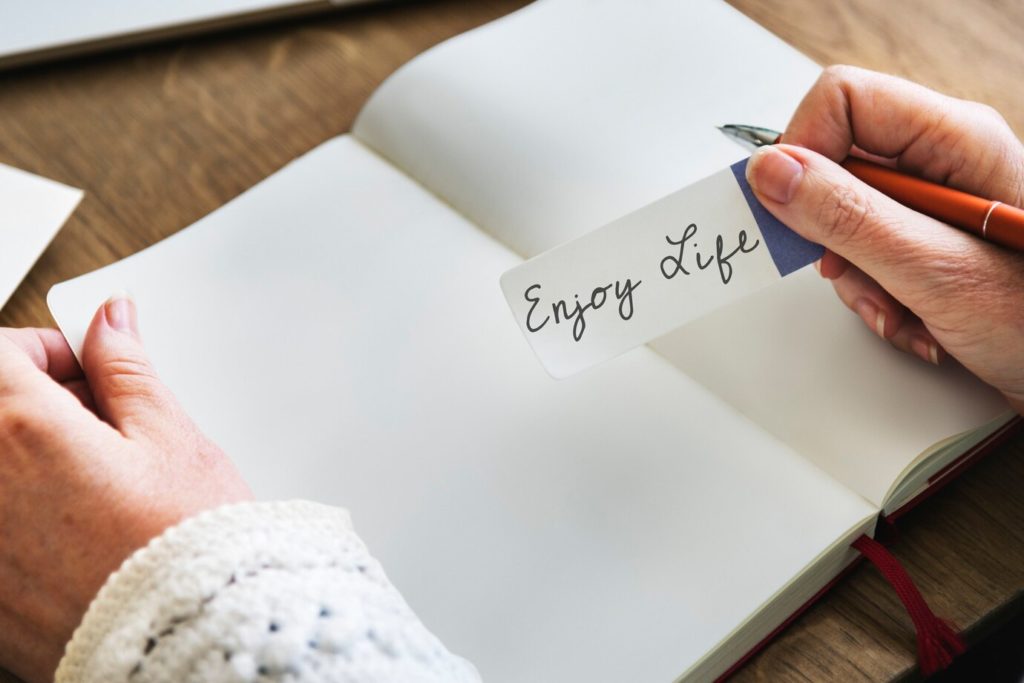In our journey to declutter and organize our lives, it’s essential to understand the roots of clutter. Often, our attachments to possessions go deeper than mere sentimentality or practicality. Exploring the psychology behind these attachments can provide valuable insights into why we hold onto things and how we can break free from clutter’s grip.

Understanding Emotional Attachments:
Many of us form emotional attachments to our possessions, associating them with memories, people, or significant life events. These attachments can make it challenging to let go, even when we no longer need or use the items. By recognizing the emotions tied to our belongings, we can begin to address the underlying reasons for our clutter.
Identifying Psychological Triggers:
Psychological triggers, such as fear of scarcity, perfectionism, or sentimentality, can also contribute to clutter. For example, the fear of not having enough may lead us to hoard items we believe we might need in the future. Similarly, perfectionism can cause us to hold onto things we no longer use, fearing we might need them someday. By identifying these triggers, we can develop strategies to overcome them and declutter more effectively.
Addressing Compulsive Behaviors:
For some individuals, clutter is a manifestation of underlying mental health issues, such as obsessive-compulsive disorder (OCD) or hoarding disorder. In these cases, decluttering may require professional intervention and support. It’s essential to recognize when clutter goes beyond mere disorganization and seek help when needed.
Breaking Free from Clutter’s Grip:
Breaking free from clutter’s grip begins with self-awareness and a willingness to change our mindset. By adopting a more mindful and intentional approach to our possessions, we can learn to let go of what no longer serves us and create space for what truly matters. This may involve practicing gratitude for what we have, setting boundaries around acquiring new items, and seeking support from friends, family, or professional organizers.
Embracing Minimalism:
Embracing a minimalist lifestyle can also be a powerful antidote to clutter. Minimalism encourages us to focus on the essentials, letting go of excess and prioritizing experiences over material possessions. By simplifying our lives and surrounding ourselves with only what we need and love, we can create a more peaceful and clutter-free environment.
In conclusion, understanding the psychology behind our attachments to possessions is key to overcoming clutter and creating a more organized and fulfilling life. By exploring the emotional, psychological, and behavioral factors that contribute to clutter, we can develop strategies to declutter effectively and cultivate a sense of peace and freedom in our living spaces.


